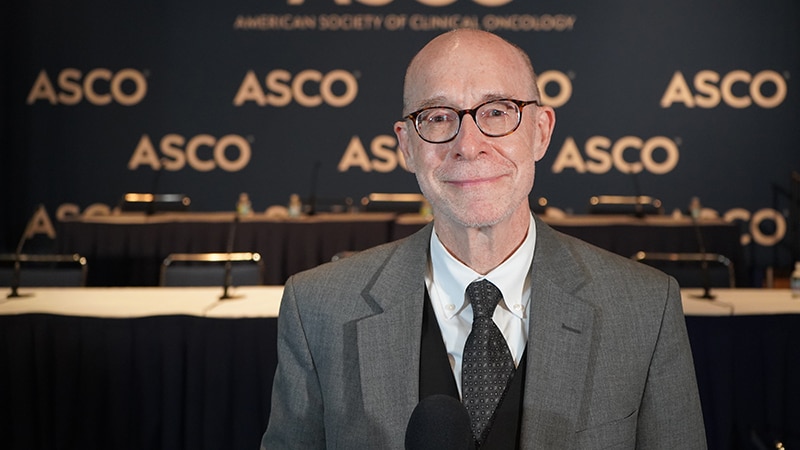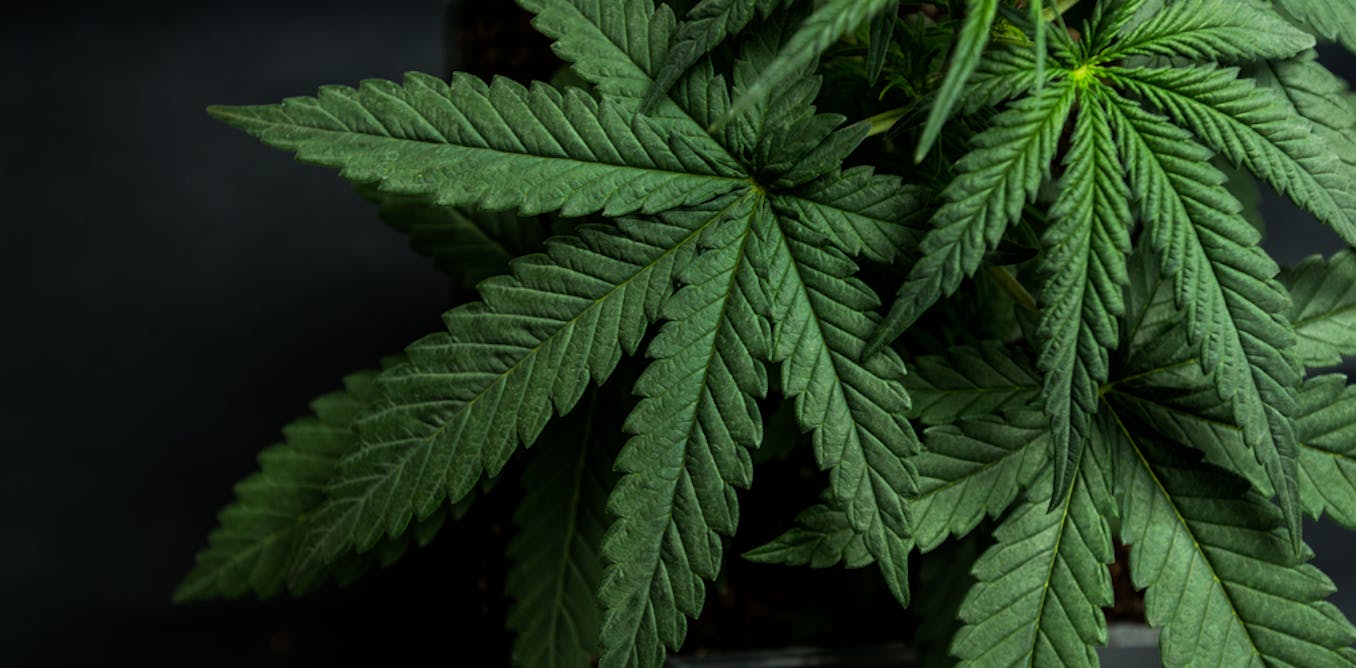Cancer Research UK, a cancer research and awareness charity, states that “claims that there is solid “proof” that cannabis or cannabinoids can cure cancer is highly misleading to patients and their families and builds a false picture of the state of progress in this area.”
Cannabis, cannabinoids and cancer – the evidence so far
By: Kat Arney
July 12, 2012
Cannabis and cannabinoids – what are they?
Cannabis has lots of names, including marijuana, pot, grass, weed, hemp, hashish or dope. Hemp oil is made from the seeds of a type of cannabis plant that doesn’t contain the main psychoactive ingredient, called delta-9 tetrahydrocannabinol (THC).
“Cannabinoids” is a blanket term covering a family of complex chemicals (both natural and man-made) that lock on to molecules on the surface of cells called cannabinoid receptors.
The human body also creates its own cannabinoid chemicals, known as endocannabinoids. Endocannabinoids, and the molecules they attach to (cannabinoid receptors), are involved in many systems and processes throughout the body, from appetite to the sensation of pain. Because of this molecular multitasking, they’re also linked to a huge range of illnesses, from cancer to neurodegenerative diseases.
Through many detailed experiments, summarised in this Nature Reviews Cancer article, scientists have discovered that both natural and synthetic cannabinoids have a wide range of effects on cells.
Can cannabinoids treat cancer?
Many hundreds of scientific papers looking at cannabinoids and cancer have been published, but these studies simply haven’t found enough robust scientific evidence to prove that these can safely and effectively treat cancer.
Research is still ongoing though, with hundreds of scientists investigating the potential of cannabinoids in cancer and other diseases as part of The International Cannabinoid Research Society. And in 2015 the scientific journal Nature published a supplement of review articles about various aspects of cannabis. It’s free to access.
Claims that there is solid “proof” that cannabis or cannabinoids can cure cancer is highly misleading to patients and their families, and builds a false picture of the state of progress in this area.
A researcher with some cells in a Petri dish
Virtually all the research into cannabinoids and cancer so far has been done in the lab.
This is because virtually all the scientific research investigating whether cannabinoids can treat cancer has been done using cancer cells grown in the lab or animals. Because humans are much more complex, these studies don’t necessarily hold true for people. That’s why so many promising results in the lab sadly don’t translate into safe or effective treatments when tested in humans.
So far, the best results from lab studies have come from using a combination of highly purified THC and cannabidiol (CBD), a cannabinoid found in cannabis plants that counteracts the psychoactive effects of THC. But researchers have also found positive results using man-made cannabinoids, such as a molecule called JWH-133.
There have been intriguing results from lab experiments looking at a number of different cancers, including glioblastoma brain tumours, prostate, breast, lung, and pancreatic cancers. But the take-home message is that different cannabinoids seem to have different effects on various cancer types, so they are far from being a ‘universal’ treatment.
There’s also evidence that cannabinoids have unwanted effects. Although high doses of THC can kill cancer cells, they also harm crucial blood vessel cells. And under some circumstances, cannabinoids can encourage cancer cells to grow, or have different effects depending on the dose used and levels of cannabinoid receptors present on the cancer cells.
Cannabis in clinical trials
To robustly test the potential benefits of cannabinoids in cancer, clinical trials in large numbers of people with control groups of patients – who aren’t given the treatment in question – would be needed.
Results have been published from only one small clinical trial testing whether cannabinoids can treat cancer in patients, led by Dr Manuel Guzman and his team in Spain. Nine people with advanced, incurable glioblastoma multiforme – the most aggressive brain tumour – were given highly purified THC through a tube directly into their brain.
This study showed that THC given in this way is safe and doesn’t seem to cause significant side effects, which suggests that cannabinoids could be worth pursuing in further clinical trials. But because this was an early stage trial without a control group, it couldn’t show whether THC helped to extend patients’ lives.
A handful of other clinical trials of cannabinoids for cancer are being set up. We’re helping to support the only two UK trials of cannabinoids for treating cancer, through our Experimental Cancer Medicine Centre (ECMC) Network. Both are at very early stages. One is testing a man-made cannabinoid called dexanabinol in patients with different types of advanced cancer. The second is testing whether Sativex (nabiximols), a highly purified pharmaceutical-grade extract of cannabis containing THC and CBD, can treat people with glioblastoma multiforme brain tumours that have come back after treatment.
Results from the second trial have now been released. These showed that combining Sativex with the chemotherapy temozolomide increased the number of patients who were alive one year after their brain tumour came back from 53% to 83%. This was a small trial with 21 patients taking part, so larger clinical trials are needed to confirm what the benefits of Sativex might be, and which patients are most likely to respond to this combination of treatments.
“But it worked for this patient…"
Doctors sometimes publish case reports about extraordinary or important observations they have seen in their clinic. For example, there is a published case report of a 14-year old girl from Canada who was treated with cannabis extracts (also referred to as “hemp oil”). But very little reliable information can be taken from a single patient treated with what’s an unknown mix of cannabinoids outside of a controlled clinical setting.
Dr Wai Liu at St George’s University is researching cannabis and cannabinoids for treating cancer (not funded by Cancer Research UK) to build up the evidence. He is happy to collect individual stories from UK patients and can be contacted by email. In the US, the Office of Cancer Complementary and Alternative Medicine gathers similar stories for their Best Case Series.
Unanswered questions
There are still many unanswered questions around the potential for using cannabinoids to treat cancer. It’s not clear:
- which type of cannabinoid – either natural or synthetic – might be most effective
- what kind of doses might be needed
- which types of cancer might respond best to cannabinoids
- how to avoid the psychoactive effects of THC
- how best to get cannabinoids, which don’t dissolve easily in water, into cancer cells
- whether cannabinoids will help to boost or counteract the effects of chemotherapy
These questions must be answered for cannabinoids to be used as safe and effective treatments for cancer patients. It’s the same situation for the many hundreds of other potential cancer drugs being developed and tested in university, charity and industry labs all over the world. Without doing rigorous scientific research, we will never sift the ‘hits’ from the ‘misses’. If cannabinoids are to get into the clinic, these hurdles first need to be overcome and their benefits proven over existing cancer treatments.











